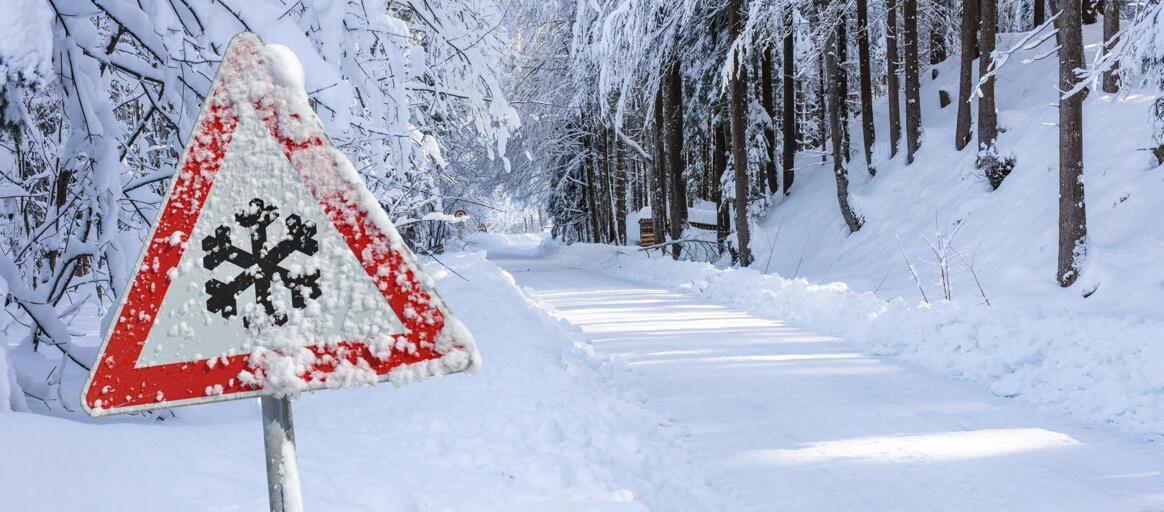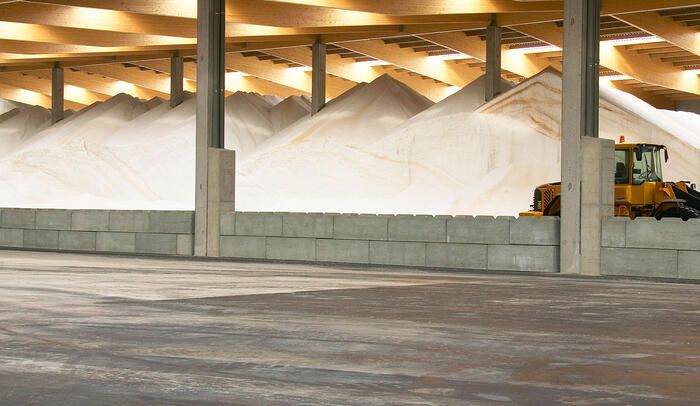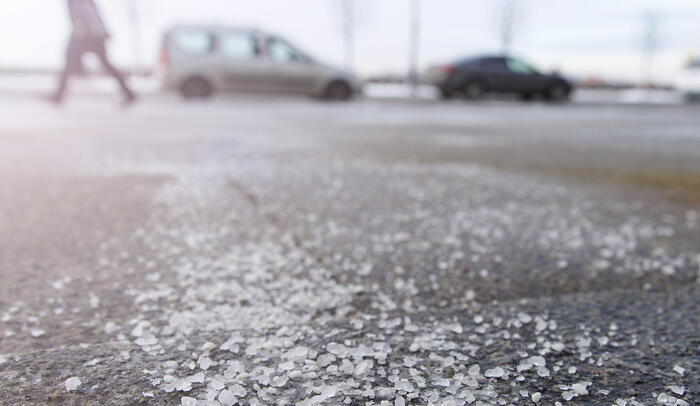Buying deicing road salt: things to keep in mind
Winter is upon us, so it is best to be prepared! Snowfall often comes unexpected and, with a bit of bad luck, in large amounts. This makes stocking up on deicing road salt in advance a wise precaution! However, there are a range of different types of deicers and qualities on the market. Which things do you need to keep in mind?

It is advisable to order your road salt in time. Not only do you get to reap the benefit of better prices, you can also rest safe in the knowledge that there is still plenty of deicing salt available.
Choose the right grain size
The grain size is particularly important when choosing or buying deicing road salt. If you have decided on a fine grain, the deicing salt will work faster, but it will also lose its efficiency quicker. A coarse grain takes more time to take effect, but once it does it will continue to remain active for longer, which gives it a long(er) after-effect. If you are going to use the deicing road salt mainly to grit on a preventive basis, a coarser grain is a better solution. Fine salt can also be used for preventive purposes, but only when combined with brine. If you are going to use the deicing salt for preventive purposes and to clear snow and ice alike, go for the right proportion between fine and coarse salt to get the optimal melting result.
Bear in mind the moisture content
Good quality deicing road salt that is easy to grit is dry. A low moisture content sees to it that salt can be stored well and is ready to be used at all times. Always check if an anticaking agent (E535 or E536) has been added to the salt to prevent it from caking and crusting. When the deicing salt's moisture content is too high, the anticaking agent will not be able to prevent the salt from becoming clumpy.
Deicing road salt composition
The purity of deicing road salt is important to the salt's efficacy and melting capacity. Which is why you need to check the sodium chloride (NaCl) content as well: the higher the content, the purer the salt, the more efficacious the action and the less residue (sand or dust) is left. Depending on the extraction method used, there are three types of salt: vacuum salt, rock salt and sea salt. Vacuum salt has the highest sodium chloride content: at least 99.5%, but it also comes with the drawback that it is fine road salt. Because of its smaller grain size, vacuum salt is particularly susceptible to being swept up and carried away by the wind, making it less suitable for preventive gritting purposes. Rock and sea salt have a slightly lower sodium chloride content, somewhere between 95% and 99%, which is offset by the fact that they provide better performance in terms of usability and persistence.
Order your road salt on time!
It is advisable to order your road salt in time. Not only do you get to reap the benefit of better prices, you can also rest safe in the knowledge that there is still plenty of deicing salt available. Do not forget, once winter kicks in in full force, weather conditions can be such that they make quick deliveries impossible.

